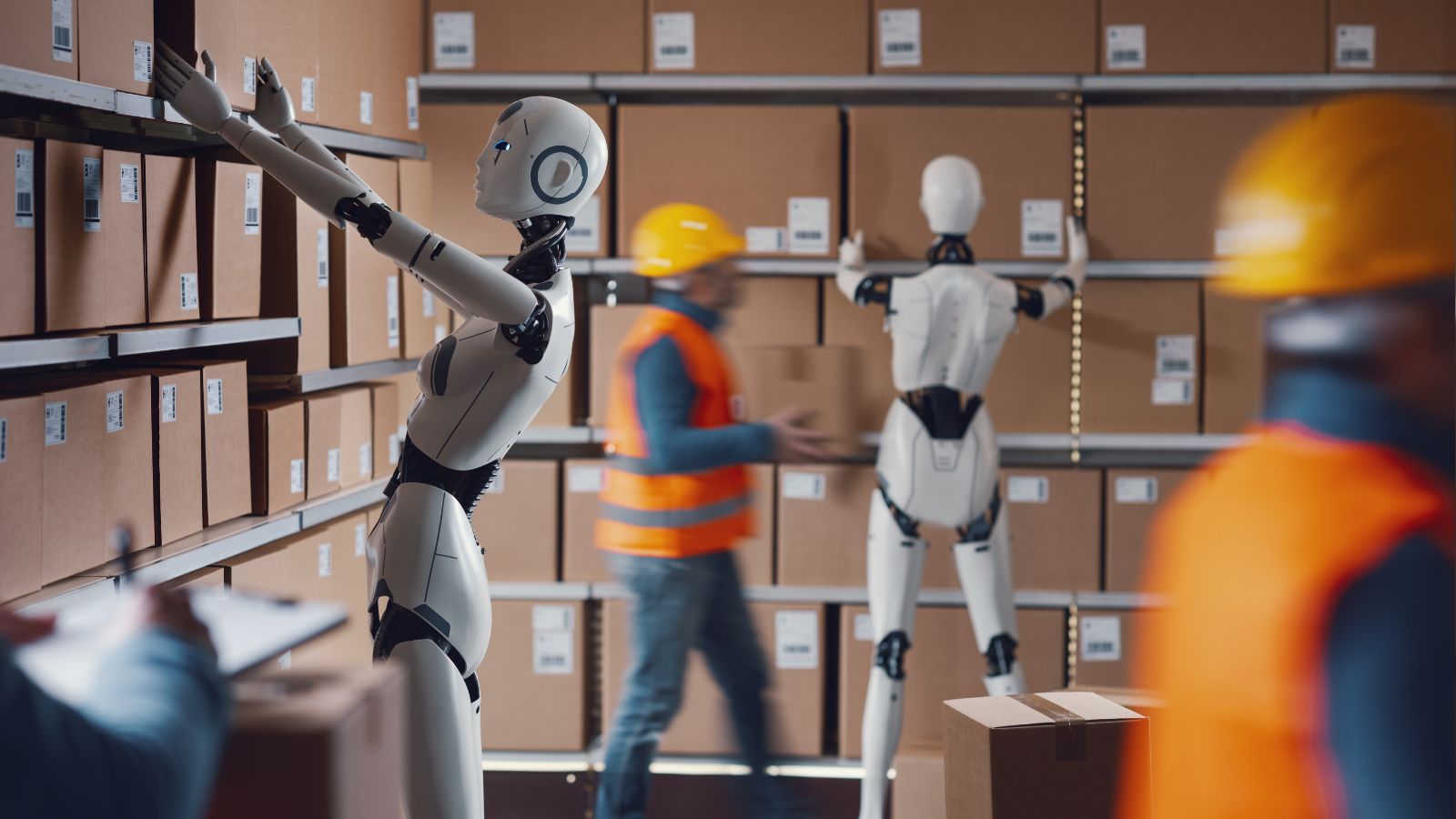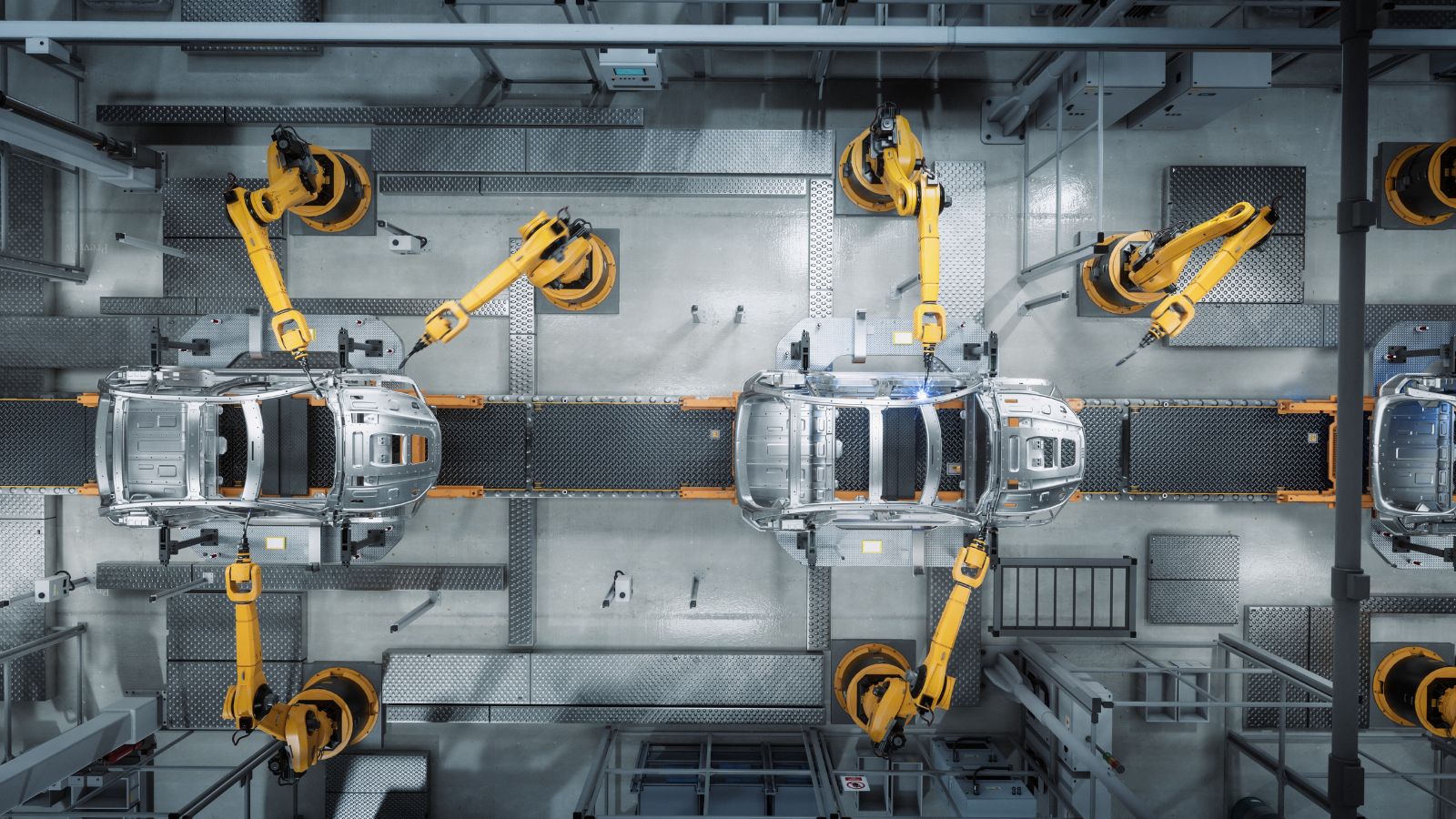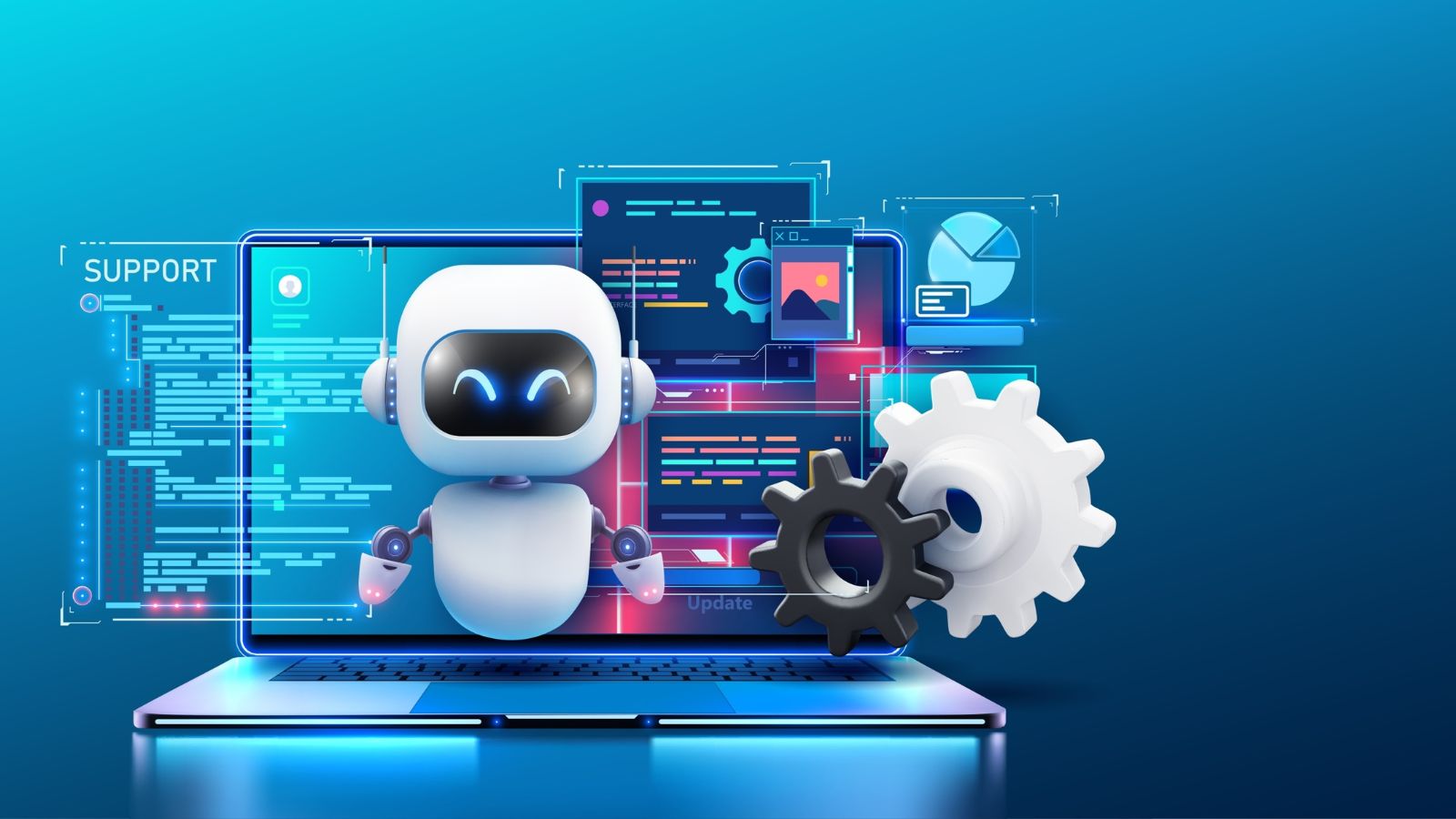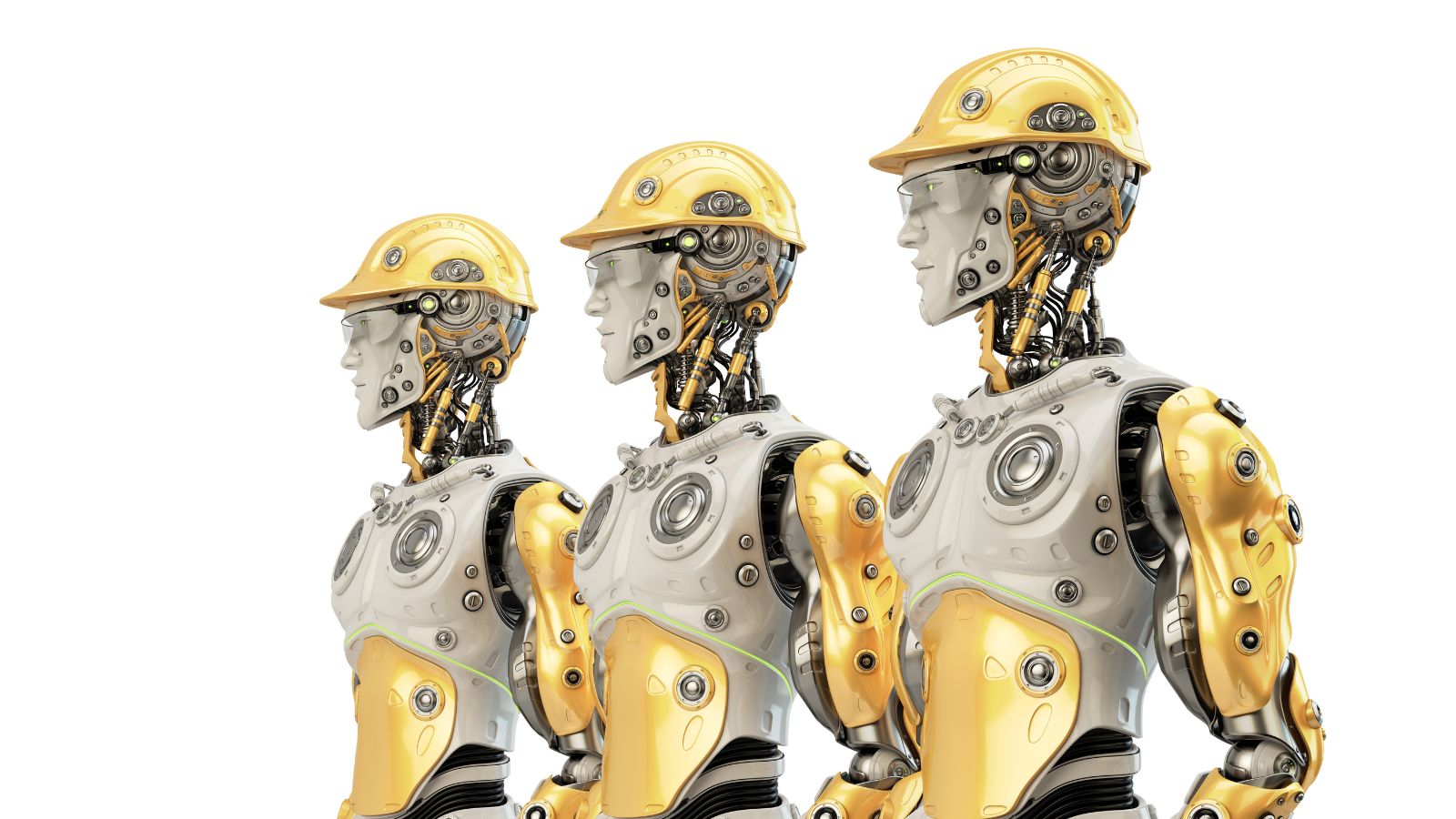The World has transformed a lot, and many new inventions have changed the very basic things of life. Workplace Automation is one of the revolutionary breakthroughs that has redefined life in unimaginable ways. The use of automation in different industries, from manufacturing to healthcare and many more, greatly impacts the economy. It has created many new job opportunities and transformed traditional labor usage into a more efficient one. Discussed below are some of the facts of automation reshaping industries.
Advanced Employee Integration

Automation has greatly improved many processes, including employee integration. It has made this transition easier and faster, minimizing hassle and inconvenience. This streamlined approach simplifies the process for new hires, ensuring they can understand everything quickly without causing delays or wasting time at work.
Adaptive Decision Making

It has reduced the complexity of many time-consuming processes, one of which is decision-making. Artificial intelligence (AI) in automation is a mind-boggling breakthrough. It saves time by quickly analyzing vast amounts of data. It enables more informed and practical decision-making. It reveals important patterns and predictions that humans might miss.
Virtual Work and Flexibility

Virtual work is another perk of automation that has revamped office requirements and changed the concept of conventional work requirements. It has transformed industries, leading to better and more effective results. This has enabled these industries to increase productivity without needing a centralized office.
Upgrading Skills competence

There has been a significant shift in industries and their requirements. Many tasks that were once labor-intensive have been automated, leading to a change in workforce needs. The emphasis now lies more on soft skills, such as emotional intelligence, critical thinking, and creative thinking—qualities machines cannot replicate.
Mental Health and Wellbeing

A positive environment and mental and physical monitoring of employees are essential for the growth of any system. Many industries utilize automated systems that monitor employees’ stress levels and workloads. These systems assist in managing issues by providing additional support when needed.
One to one Experience

Artificial intelligence has made it easy to address and solve many customers’ problems with individual attention and details. Customized services that require less effort and time for customers are a game changer. This technology assists various businesses in analyzing customer data to create tailored interactions, which enhances brand loyalty.
New Fields, New Jobs

The first impression of automation was unacceptable for many as it led to unemployment. But it has indeed opened a new path. It may have caused job displacement but created a new horizon like maintaining, programming, and monitoring the automated systems.
Supply Chain Management

Automation has made things faster and easier. Quality insurance and time management were the most critical factors for an industry to maintain. Advanced automation technology has effectively addressed these factors, which is commendable. It has enhanced the system’s efficiency and transparency.
Impact on Environment

Many industries have a significant negative impact on the environment. However, automation is a technology that offers substantial benefits. It allows us to optimize energy consumption, which is a major challenge in today’s world. Additionally, automation has made waste management easier, leading to a significant decrease in waste production.
Human-Robot Collaboration

In larger industries, robots work alongside humans, increasing productivity and reducing time spent on tasks. Manufacturing and logistics are the primary areas benefiting from this collaboration, as robots help divide the workload and enhance efficiency. These robots can handle dangerous tasks, allowing humans the freedom to focus on more creative work.
Enhance Governance and Oversight

Organizations can optimize risks and compliance through automation, ensuring better quality and customer service. Additionally, automation has helped reduce human error, which is particularly beneficial in heavily regulated industries such as healthcare and finance.
Automated Tools for Disability Support

These automation tools have the potential to be life-changing. They create workflows and environments that support people with disabilities, bringing positivity and hope to society. Automation tools for communication platforms, such as AI and voice recognition, have effectively removed barriers.
Advanced Customer Support Services

Customer support through AI-driven tools and chatbots has pushed the boundaries and taken things ahead that were never imagined. These services are available 24/7 for customer assistance. It enhances human productivity by allowing people to focus on more complex tasks.
Transaction Management

Automation has liberated humans from being overburdened. Automation-based financial management has improved work efficiency and reduced human-based errors. Streamlined financial operations are achieved through automated invoicing and expense tracking.
Eliminating Redundant Task

Automation is a necessary and long-overdue step that has liberated humans from laborious work. It eliminates repetitive human errors, achieving the perfection required for quality assurance.
Community Driven Research

The products and the system can be enhanced with the help of automation. By analyzing crowd-sourced data, we can improve the system’s performance. We can then design products in higher demand and more useful to customers. Automation plays a key role in achieving these improvements.
Intelligent Maintenance

Through automation, industries have achieved remarkable results. Manufacturing processes have become much easier. The machines are intelligent enough to predict failures before they happen, minimizing repair time and preventing malfunctions.
Development and Learning

Each individual’s learning capacity and efficiency vary, necessitating diverse timing and planning. Automation has enabled us to create personalized employee training programs and strategies, leading to improved and more effective outcomes.
Conclusion

As we evolve in this era of advancements and automation, unpredictable changes occur daily. These changes are reshaping the industries like never before. The ultimate achievement in technology and industries results from a mixture of human-driven automation for reliable results.
Quotes are not sourced from all markets and may be delayed up to 20 minutes. Information is provided ‘as is’ and solely for informational purposes, not for trading purposes or advice.Disclaimer
25 Countries Predicted to Become Economic Superpowers in the Next 20 Years

The strength of an economy plays a crucial role in various international policies about trade and relations. Certain factors determine the strength of an economy, including population growth, availability of resources, and development and advancement. Here are 25 countries predicted to become economic superpowers in the next 20 years
25 Countries Predicted to Become Economic Superpowers in the Next 20 Years
